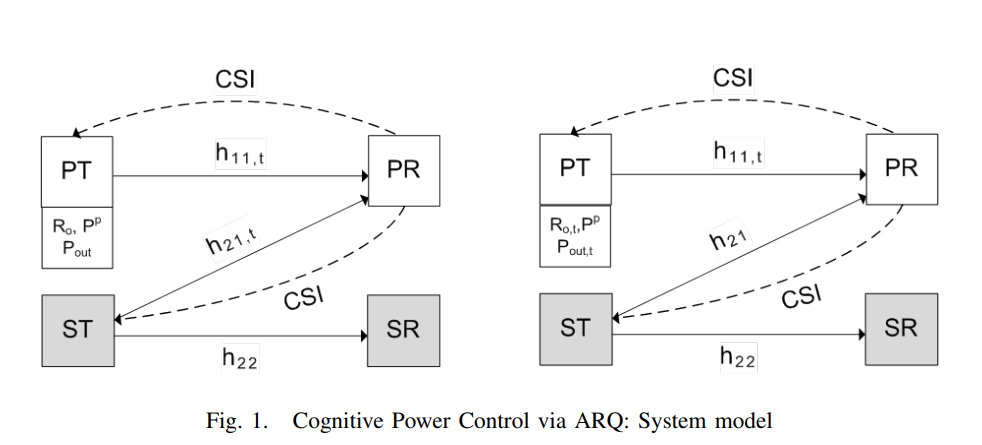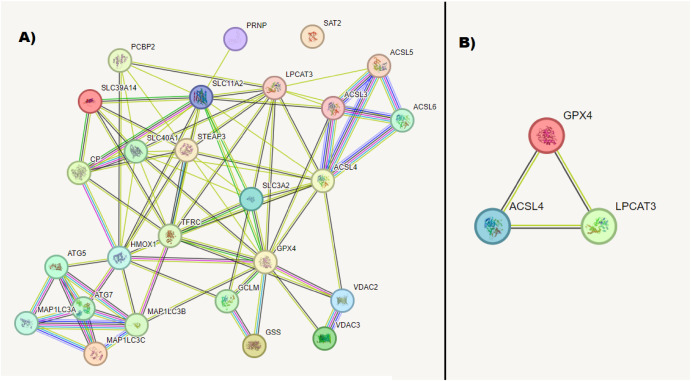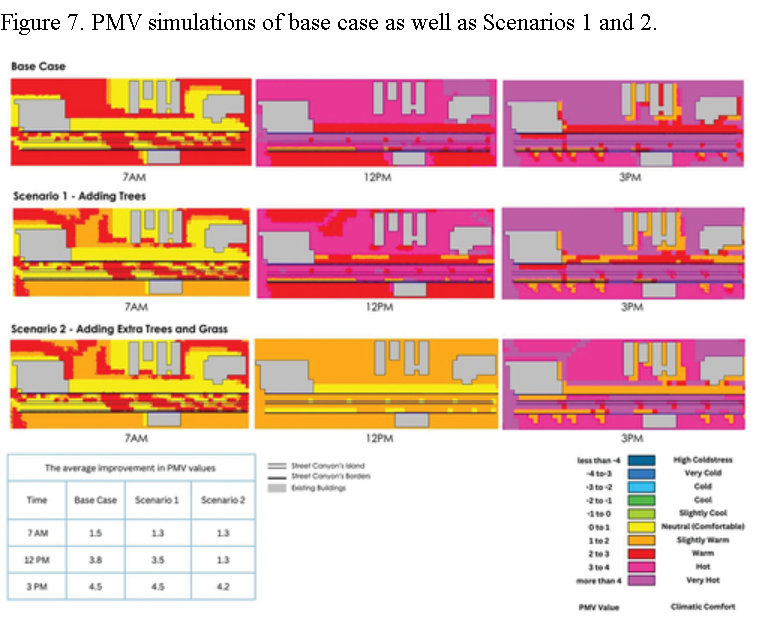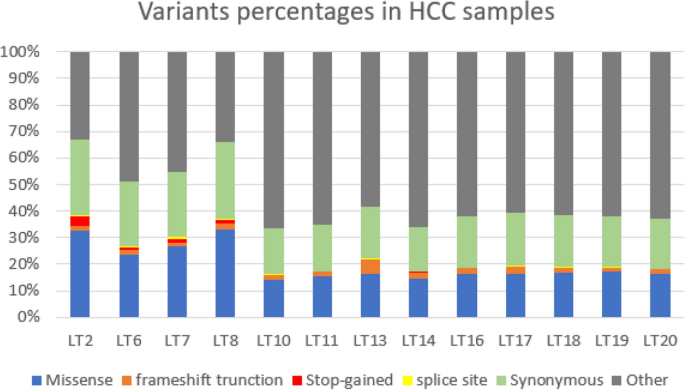

Throughput maximization over temporally correlated fading channels in cognitive radio networks
We consider a primary link and a secondary link, each composed of a transmitter and a receiver. The primary channel and the channel between the secondary transmitter and the primary receiver follow a first-order Markov model for channel variation over time. Under this assumption of temporal correlation and via exploiting the channel state information (CSI) feedback, we pose the cognitive power control problem as the maximization of secondary throughput subject to a constraint on the primary outage. To solve this problem, we assume that the primary transmitter sends with a constant-rate and with a constant-power, and we consider two types of feedback: perfect delayed CSI and one-bit automatic repeat request (ARQ) CSI. To reduce the computational complexity in the case of ARQ-CSI, we reformulate the cognitive power control problem as the maximization of the weighted sum of primary and secondary throughput which we solve optimally for delayed-CSI and greedily for ARQ-CSI. We also solve the cognitive power control problem for a constant-power variable-rate primary link where the primary transmitter exploits the channel temporal correlation. In this scheme, we only consider a temporally correlated primary link and perfect delayed CSI. We solve the weighted sum throughput maximization problem under two scenarios. In the first, the primary rate is adapted without considering the secondary link. In the second, the primary rate and secondary power are determined simultaneously assuming a central controller. © 2009 IEEE.



